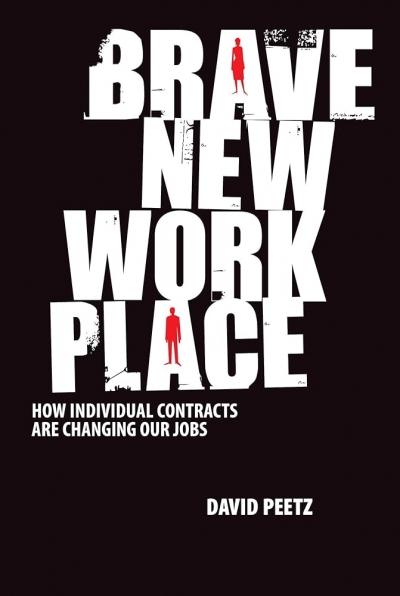Brave New Workplace: How individual contracts are changing our jobs
Allen & Unwin, $29.95 pb, 272 pp
Demolitionists
Almost 100 years ago, Justice Higgins was asked to determine a ‘fair and reasonable wage’ for the average worker. In a landmark decision, Higgins declared that an unskilled labourer should receive a wage of seven shillings per day. This, he said, reflected the needs of an ordinary person living in ‘frugal comfort’ in a civilised community with the responsibilities of providing for his family. Higgins was explicit in setting this basic wage based on the needs of a worker, not the business organisation for whom he worked. ‘Fair and reasonable’ must also be something which the individual employee could not otherwise get through individual bargaining directly with employers. For, if it was, there would be no need for such regulation. Higgins’s decision shaped Australian wage regulation for the last century, and institutionalised the concept of collective regulation of workplace matters. The Australian Industrial Relations Commission thus became a ‘bedrock’ institution of Australian capitalism, civilising market forces and mitigating the adverse consequences for individuals of the uncertainties associated with them.
Continue reading for only $10 per month. Subscribe and gain full access to Australian Book Review. Already a subscriber? Sign in. If you need assistance, feel free to contact us.




